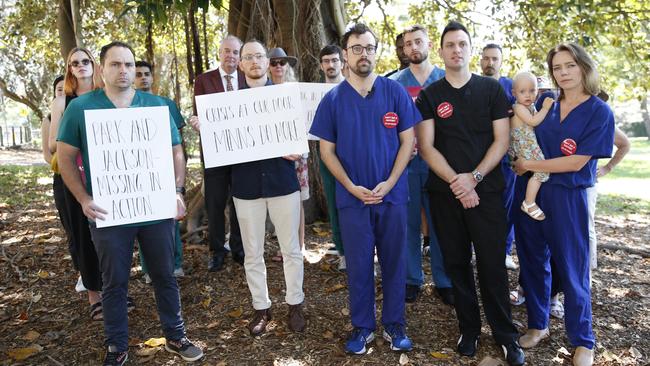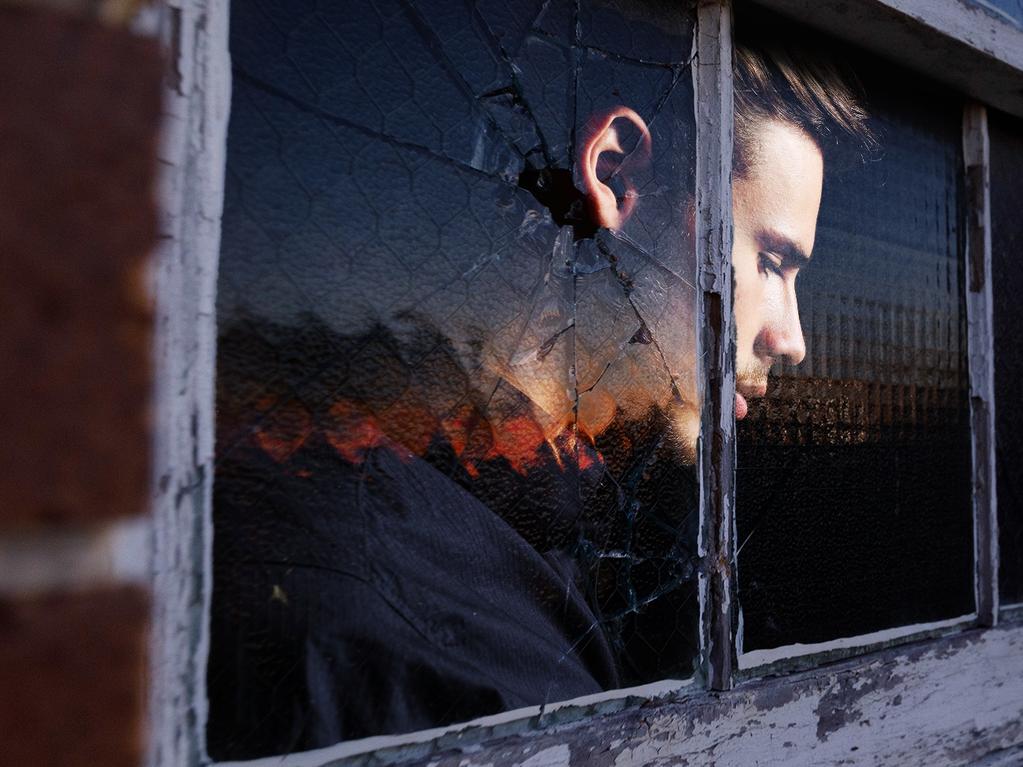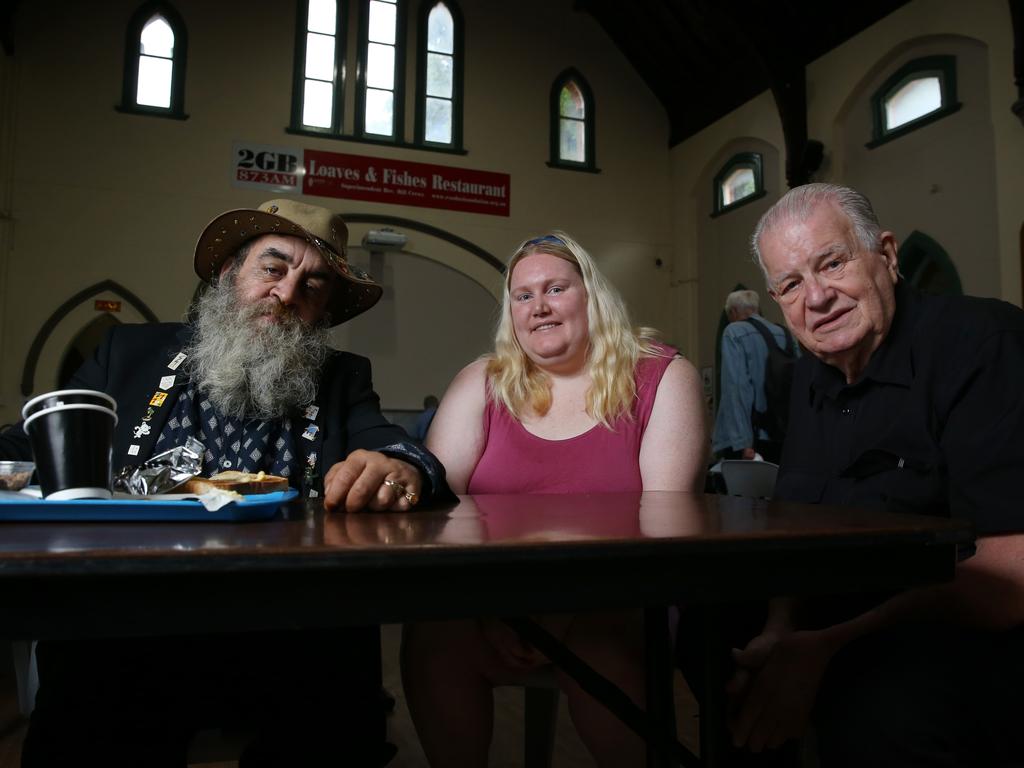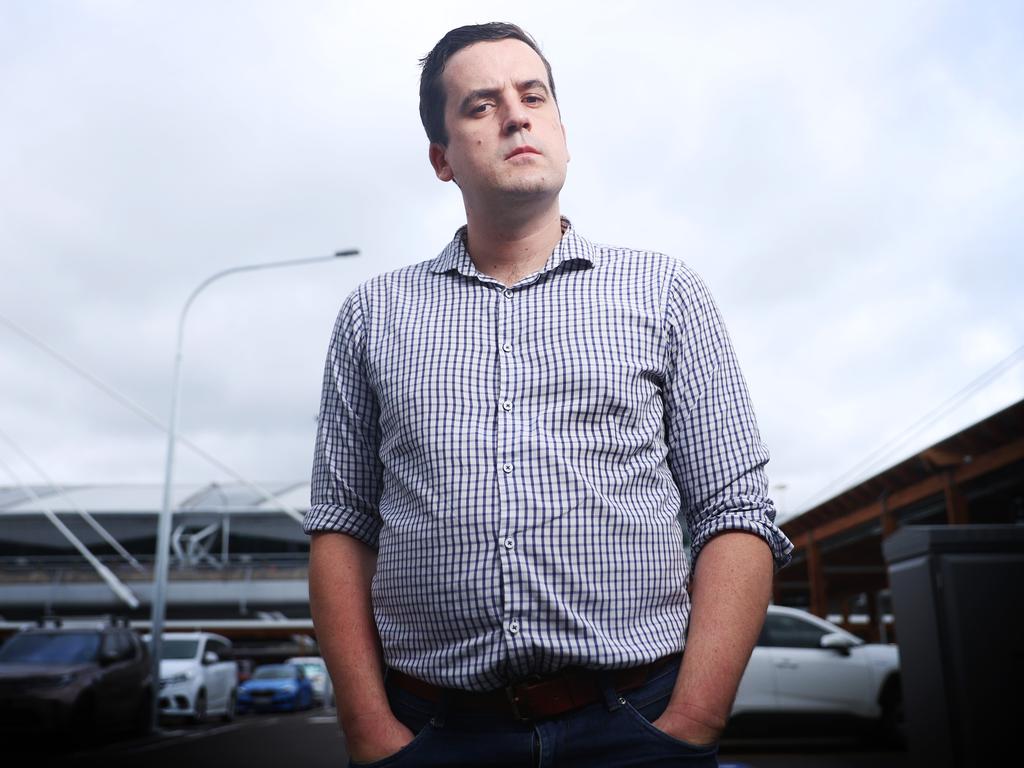The first resignations of hundreds of NSW psychiatrists take effect as private system offers help
Hospitals across NSW are now stripped of scores of psychiatrists as mass resignations take effect and the state government moves to active crisis footing on mental health.

Hospitals across NSW are now stripped of scores of psychiatrists as mass resignations take effect and the state government moves to active crisis footing on mental health and asks for expressions of interest from private hospitals to care for public patients.
The NSW Health Ministry is asking private hospitals to detail their spare bed capacity and ability to provide specialist services, including electroconvulsive therapy, perinatal mental healthcare, care to children and adolescents in psychiatric distress and those experiencing eating disorders as part of what the private system sees as a potential fundamental shift in mental healthcare reform.
Many psychiatric wards in private hospitals have spare capacity, with some sitting idle.
“The NSW government is grateful for the assistance of NSW private hospitals,” said Australian Private Hospitals Association chief executive Brett Heffernan in a members bulletin obtained by The Australian.
“It is our view that this engagement has the potential to drive significant reforms in the way mental healthcare is delivered in NSW and, indeed, nationally.”
APHA member private hospitals have 18 psychiatric facilities with 767 beds. Ramsay Healthcare, the biggest private hospital operator, has also approached the NSW government offering to enter into a partnership to take public patients.
The development comes as the NSW government refuses to budge on psychiatrists’ pitch for a 25 per cent pay rise to address a critical recruitment and retention crisis, plunging the state’s health system into crisis, with the resignations of a large number of psychiatrists taking effect on Tuesday.
Public sector psychiatrists, joined by nurses, GPs and patient groups, made a final pitch on Monday for the government to listen to their concerns that patient safety was at critical risk.
“Our communities and patients are scared, and so are we,” said Pramudie Gunaratne, NSW chair of the Royal Australian and New Zealand College of Psychiatry. “I just want to say this to all our patients and communities: psychiatrists have been fighting for you for years.

“Our mental health system is failing you, and we have been begging this government to do something, anything, to bring our workforce back so we can provide our patients and communities with the care they need, instead of burying their head in the sand and continuing to prop up a broken system. We are not crippling the system. The system is already broken.”
The government is moving urgently to ask the Industrial Relations Commission to adjudicate a resolution to the dispute as it scrambles to secure locums at a cost of $3050 a day. It has directed the health ministry to put the processing of resignations on hold to allow breathing room for staff to return if a truce can be brokered.
It has moved to a pandemic-like footing and has established an urgent operations centre as it seeks to manage the resources of the mental health system on a statewide basis.
NSW Mental Health Minister Rose Jackson said the government was offering a 10 per cent onerous hours allowance and was willing to negotiate on on-call rostering and increasing efficiencies in the mental health system. She also said a 10.5 per cent pay offer over three years, which has been offered to all medical specialists, was still on the table.
“I don’t think this ship has sailed,” Ms Jackson said. “We remain really committed to ongoing work and ongoing dialogue to try and resolve this.”
Patients who have recovered from severe mental illness and now work as peer workers stood side by side with psychiatrists on Monday, calling for the government to reverse course.
“What you can afford comes down to what you prioritise and what you care about,” said Mohammad Awad, a peer worker who lives with bipolar disorder.
“Ask any person who has come into contact with the mental health system and they will tell you their horror stories. You don’t have to look very far.”
Staff specialist psychiatrist Suzy Goodison, who is resigning, said she had seen a “catastrophic decline” in services in the decade she had been working in the public system.
“We are working in a decimated system, and this has been happening over many, many years. We have been like a canary in a coalmine trying to warn about the impending implosion of this system,” she said.
“It is very difficult as a clinician to discharge the more and more complex patients that come in, because that is often the only option I have. To have to tell someone who is acutely suicidal that I cannot offer them a bed. There are no beds and I have to discharge them to what I know are completely depleted community services.
“I say to the government: please find your humanity and help us to fix this system, which has been failing for far too long.
“The community of NSW and the staff of the public health system have worked tirelessly to prop it up.”





To join the conversation, please log in. Don't have an account? Register
Join the conversation, you are commenting as Logout